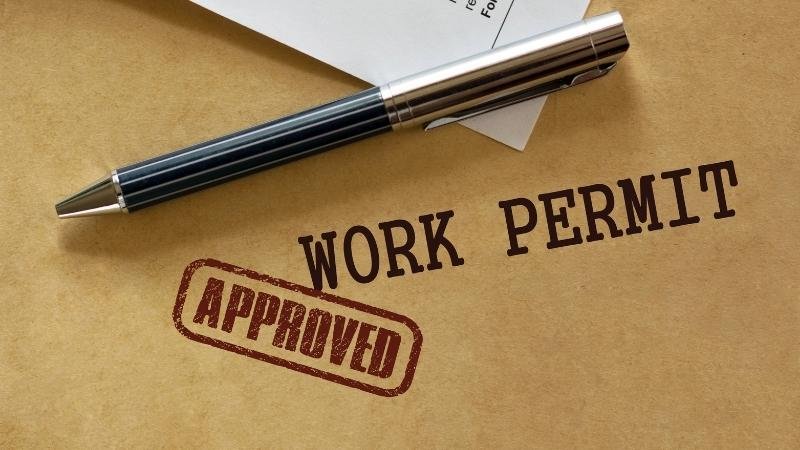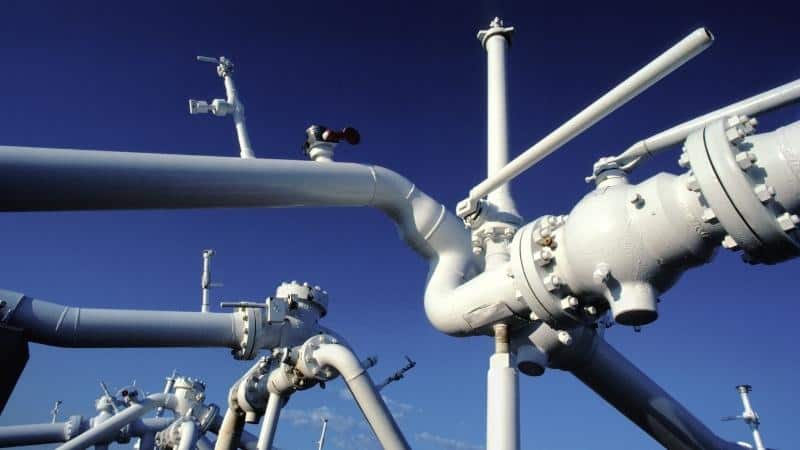Every step in life requires permission, let it be from someone above or oneself. Permission is integral, otherwise, anyone can do anything and anywhere, and that can cause chaos.
Permission is more crucial for activities that can affect other people’s lives. For instance, if someone wants to build something, likely a monument or a building, that person has to ask for permission from that particular landowner and then inform the government land agency. This is because lives, such as the landowner, the person building the thing, the construction workers, and if it’s a building then the people living there in the future, will be affected by this decision.
However, this is a concept that can be thought of on all kinds of scales. What if you want to run a gas line in your building? Do you need a permit for that?
Do you need a permit to run a gas line?
To run a gas line, you have to install, build, replace, expand or do anything that will affect the household structure. And that will cause an effect on the people’s lives around you whether you know them or not. In that case, you have to gain permission on different levels such as an installing permit, a building permit, a replacing permit, etc. Doing a significant number of changes like these will always require a permit from the officials.
A permit will save you from any kind of possible hassle you may face due to the work you will be doing in your house. You will also have an advantage over any suspicious or fake inspections of your household changes because frauds may want to take hold of your permit documents or threaten you for money if you do not want them to cause trouble. No local inspectors will want to see your documents; they will only want to see a poster of permission that will be given to you by the officials once you are permitted. Keep the poster posted outside and you are good to go.

How do you get a permit to run a gas line?
Usually, a licensed gas plumber should be able to help you to get a permit for running a gas line. But you have to come forward to initiate the process and provide the plumber with everything he requires to acquire a permit.
Therefore, the first step for you is to call a licensed plumber. You may also call the local building department since to run a gas line, you have to build and break things. Whoever you call must be from a certified agency so never fall into traps of fraud. The officials will arrive and inspect your project and determine whether you need a permit for this because if you want to only repair gas lines, that does not require one.
Once they say that you need a permit, they will inform you about the permit fees. This ranges from a hundred to thousands of dollars depending on the work you will be doing. Most jurisdictions will allow a permit by $200 fees if the project value is under $2000 and if the contractor involved with you is certified.
Now it’s time to fill up the form and submit it. The form should ask your and the contractor’s name along with your address and a brief description of your working area and the changes you will be bringing. Lastly, it will want your signature. Once you have submitted the form with all this data, they will give you the permit. Note that the form requirements change from time to time so always stay updated.
It is advisable to let the contractor pull the permit because some jurisdictions ask for technical stuff, such as plans for pre-existing and the newly proposed gas lines in the house with the specific codes and proposed gas appliances. They may also want to know the allowable pressure drops that regularly occur in your house. You may or may not have dealt with these things but contractors are experienced enough to pass through and allowing them can save loads of time.
Having a permit always keeps you relieved in stressful activities like this. And the cool thing is, the permit works like an insurance for any property damage that may occur during the process of installation for running a gas line. Therefore, always ask for a permit for any kind of gas-related work.
